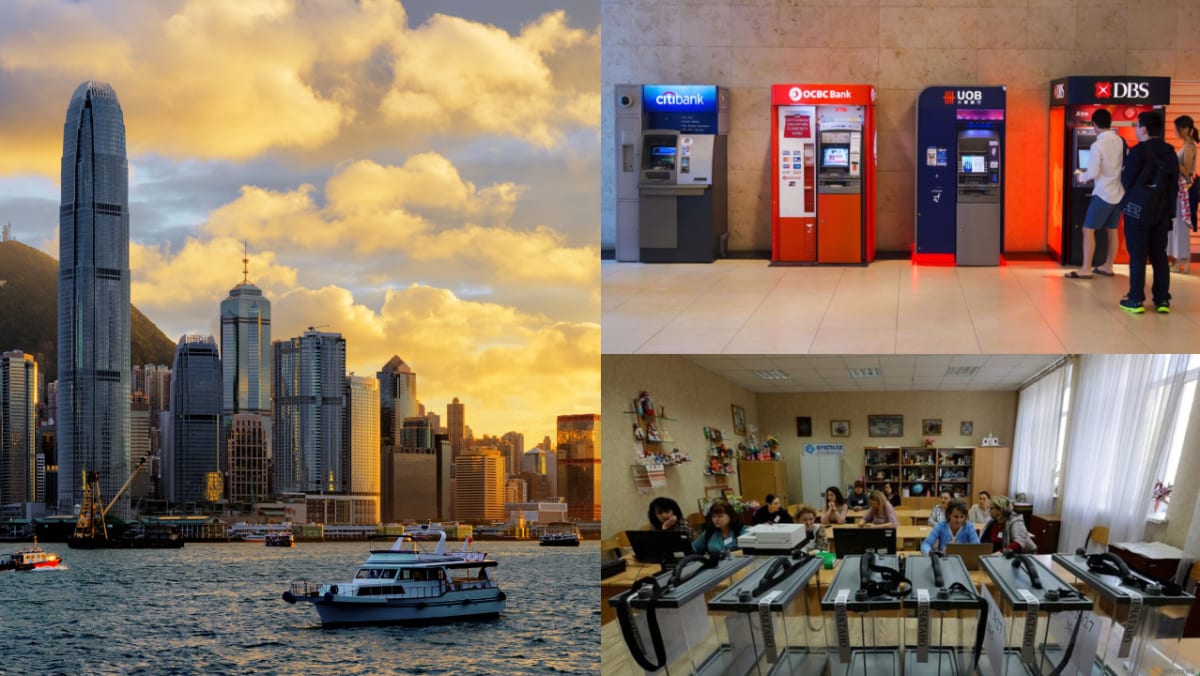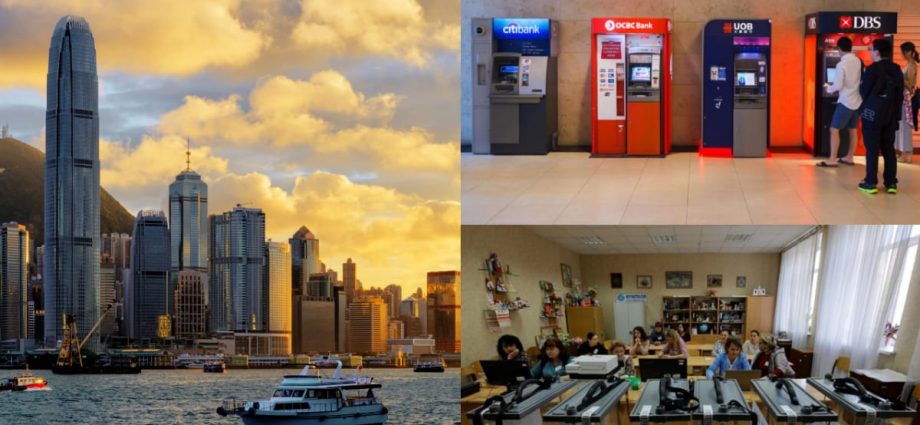
Let’s get you up to speed with the day’s stories.
Hong Kong will end mandatory hotel quarantine from Monday (Sep 26).
All international arrivals will be able to return to the accommodation of their choice but will have to self-monitor for three days after entering the city. During that period, they will be allowed to go to work or school but not enter bars or restaurants.
From Sep 26, travellers will also be subject to polymerase chain reaction (PCR) tests on arrival.
A pre-flight PCR test, which was required for travellers to Hong Kong 48 hours before flying, will be replaced by a rapid antigen test.
Following the announcement, Cathay Pacific Airways said it plans to increase flight frequencies to both regional and long-haul destinations.
Here are some of the destinations in Asia that have recently eased COVID-19 entry rules.
At least two Singapore banks – DBS and UOB – have temporarily stopped offering fixed rate home loans as of Friday (Sep 23).
The US Federal Reserve announced a 75-basis-point increase in its benchmark federal-funds rate on Wednesday, mirroring similarly hefty increases in June and July.
DBS, Singapore’s largest lender, removed fixed rate home loans from its website. CNA understands that the local bank is currently reviewing its rates.
UOB said in response to queries that it is reviewing its fixed rate offerings and will be ceasing its existing two-year and three-year packages.
At OCBC, mortgage offerings seem to be left untouched as of Friday noon.
The latest rate hike by the US Fed is its fifth this year, with further increases likely to rein in decades-high inflation.
Singapore’s core inflation rose further to 5.1 per cent in August, driven mainly by stronger increases in the prices of food and services.
The last time Singapore reported higher year-on-year core inflation growth was in November 2008, when it stood at 5.5 per cent.
Overall inflation increased mainly due to higher inflation for private transport, food and services.
Meanwhile, inflation for electricity and gas dipped to 23.9 per cent, compared with 24 per cent in July, on the back of a smaller increase in gas prices.
Globally, supply chain frictions eased slightly and some commodity prices levelled off, MAS and MTI said. But they added that global inflation is likely to stay elevated in the near term.
Voting began on Friday (Sep 23) in a Russian-controlled part of Ukraine in a referendum that Russia is expected to use to justify the annexation of four regions.
Voting in the four regions of Luhansk, Donetsk, Kherson and Zaporizhzhia provinces, representing about 15 per cent of Ukrainian territory, is due to run from Friday to Tuesday.
The Ukrainian governor of the Luhansk region said that in one town, Russian authorities banned the population from leaving the city, and armed groups had been sent to coerce people to take part in the referendum.
Russia argues that it is an opportunity for people in the region to express their view.
Ukraine says Russia intends to frame the referendum results as a sign of popular support, and then use them as a pretext for annexation.
And as winter approaches, European countries that had depended on Russia for natural gas are scrambling to secure alternatives, driving up the price of liquefied natural gas (LNG).
CNA spoke to analysts to find out why Europe is turning to LNG in particular, and what the knock-on effects are for Singapore and other countries in Asia.

